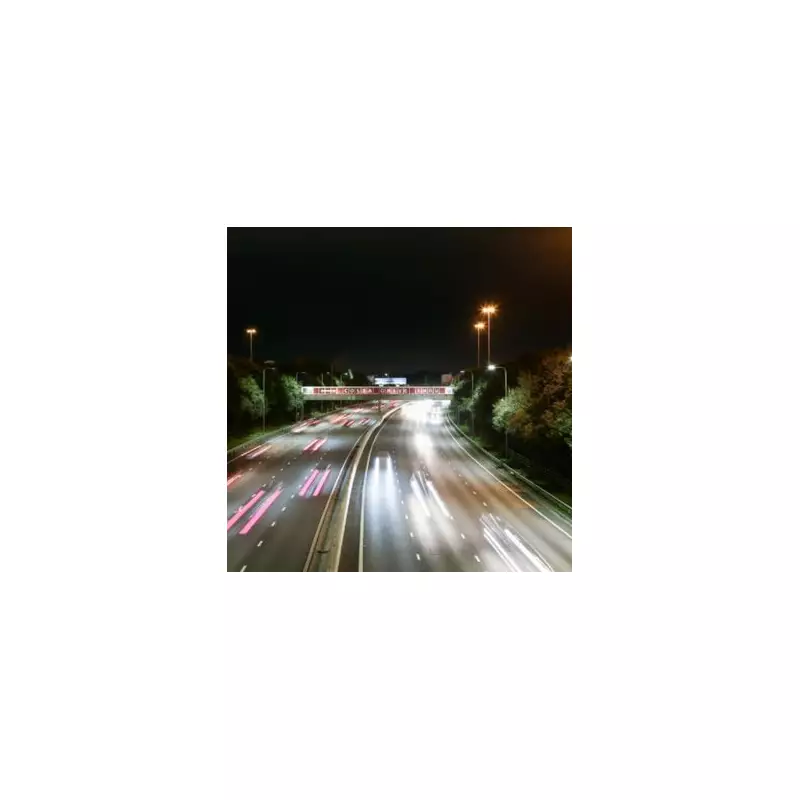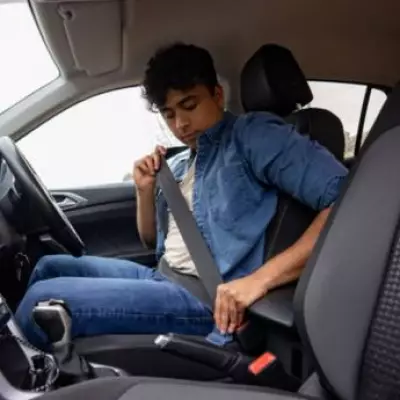
British drivers are being warned about a potentially costly oversight that could see them hit with a £2,500 fine and three penalty points on their licence. The offence? Driving with a damaged or impaired windscreen that obstructs the driver's view of the road.
The Hidden Danger on Your Windscreen
According to Rule 229 of the Highway Code, motorists must maintain full visibility through their windscreen at all times. Even small chips or cracks can develop into major impairments, particularly when struck by sunlight at certain angles.
Motoring experts emphasise that what might seem like a minor inconvenience could quickly escalate into a serious safety hazard - and an expensive legal matter.
When Does a Chip Become Illegal?
The law specifies that any damage larger than 40mm anywhere on the windscreen, or any damage in the driver's line of vision (the area swept by windscreen wipers) exceeding 10mm, renders the vehicle illegal to drive.
Common scenarios that could land you in trouble include:
- Driving with a cracked windscreen after a stone chip
- Obstructed view due to multiple small chips in critical areas
- Damage that hasn't been properly repaired
- Cracks that spread across the windscreen over time
The Financial Sting Beyond the Fine
While the maximum penalty stands at £2,500 and three points, the true cost could be even higher. Insurance companies may refuse to pay out on claims involving vehicles with illegal windscreens, leaving drivers personally liable for thousands in repair costs.
Furthermore, driving with an impaired windscreen could invalidate your insurance policy entirely, creating financial and legal nightmares well beyond the initial fine.
How to Stay Safe and Legal
Proactive drivers should:
- Regularly inspect their windscreen for any new damage
- Address chips immediately before they spread
- Use professional repair services for any damage in the driver's line of sight
- Consider comprehensive windscreen cover in their insurance policy
- Clean both the inside and outside of the windscreen regularly
With winter approaching and changing light conditions, visibility becomes even more crucial. A clear windscreen isn't just about avoiding fines - it's about keeping yourself and other road users safe.





